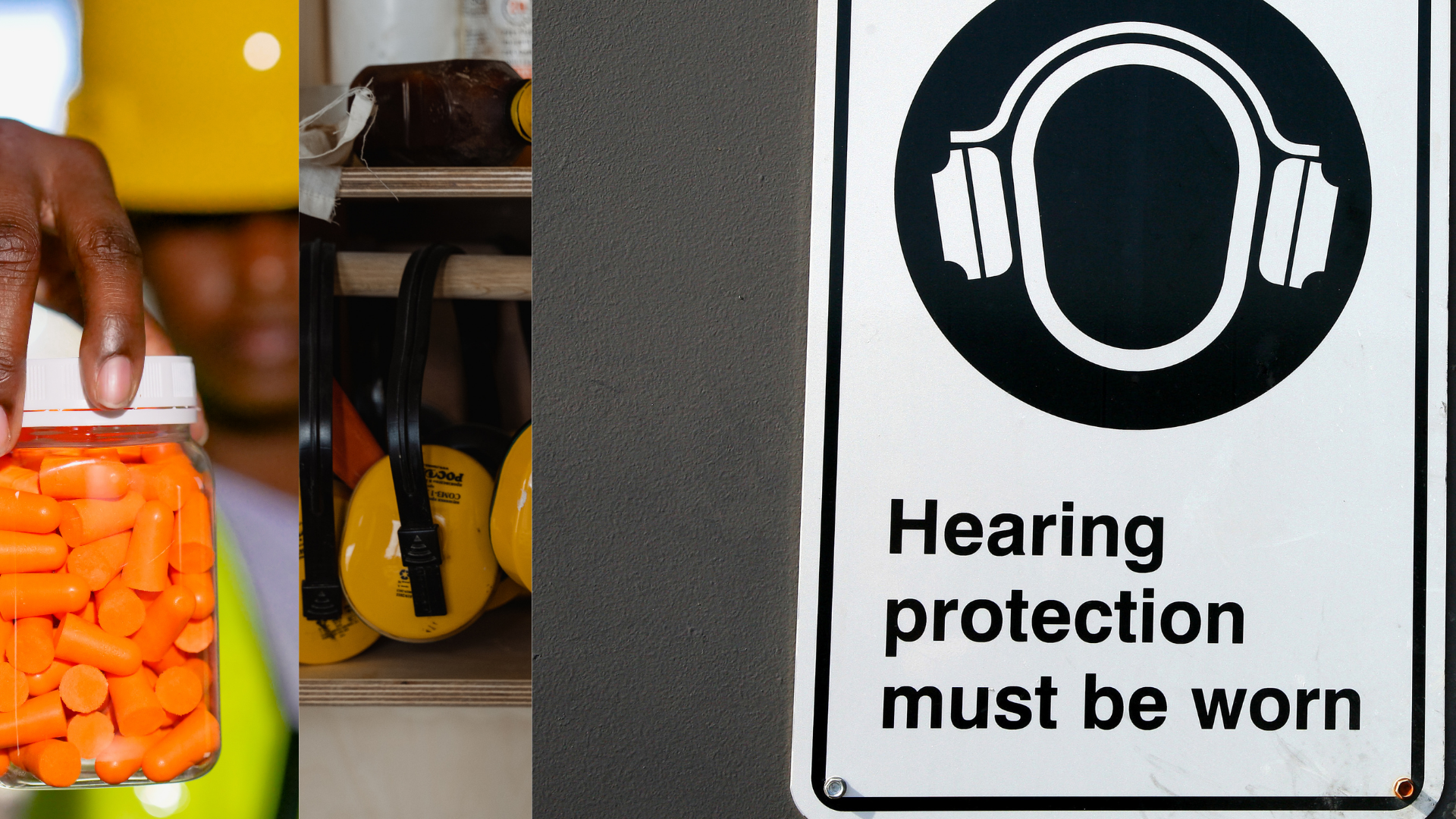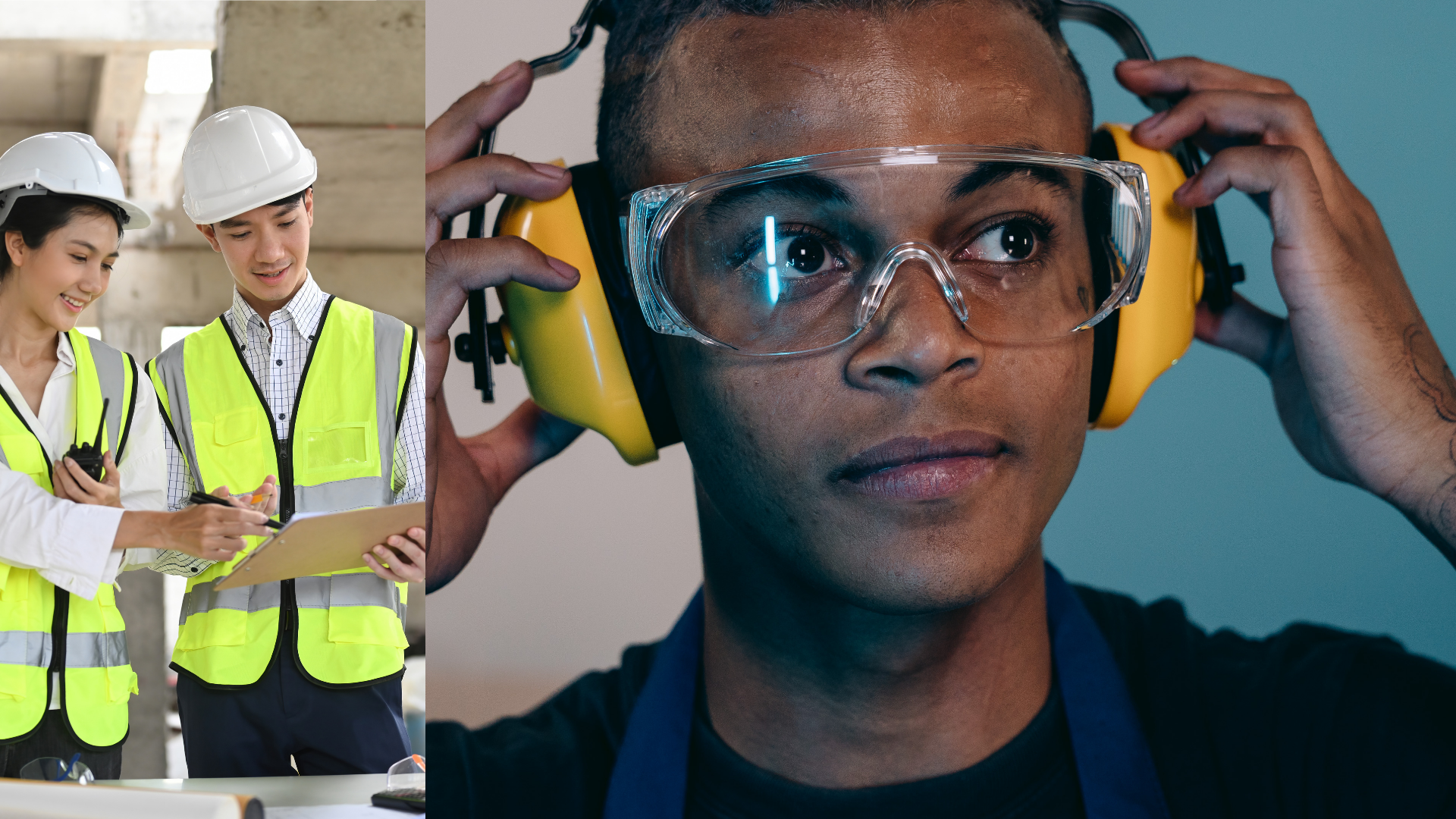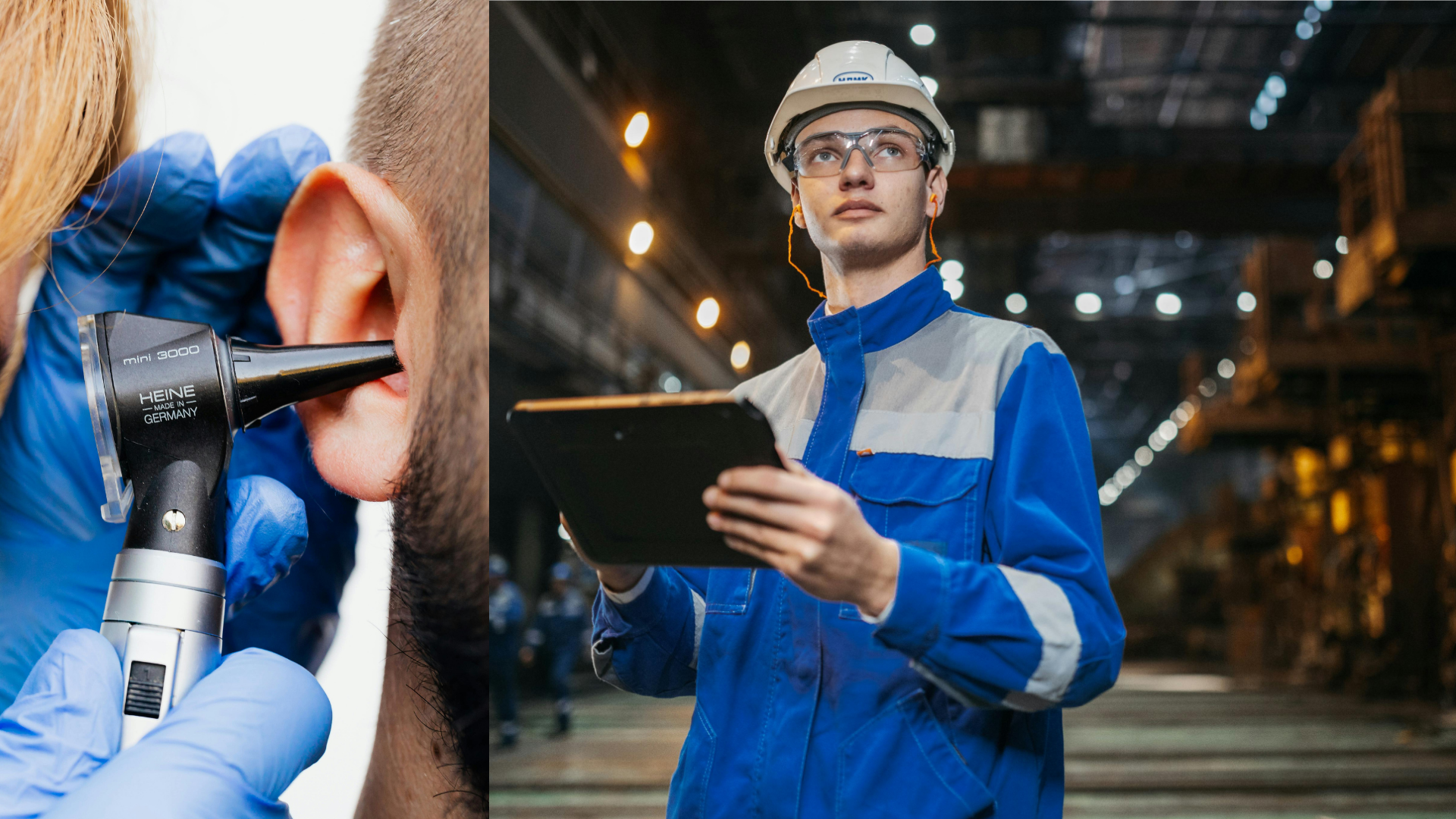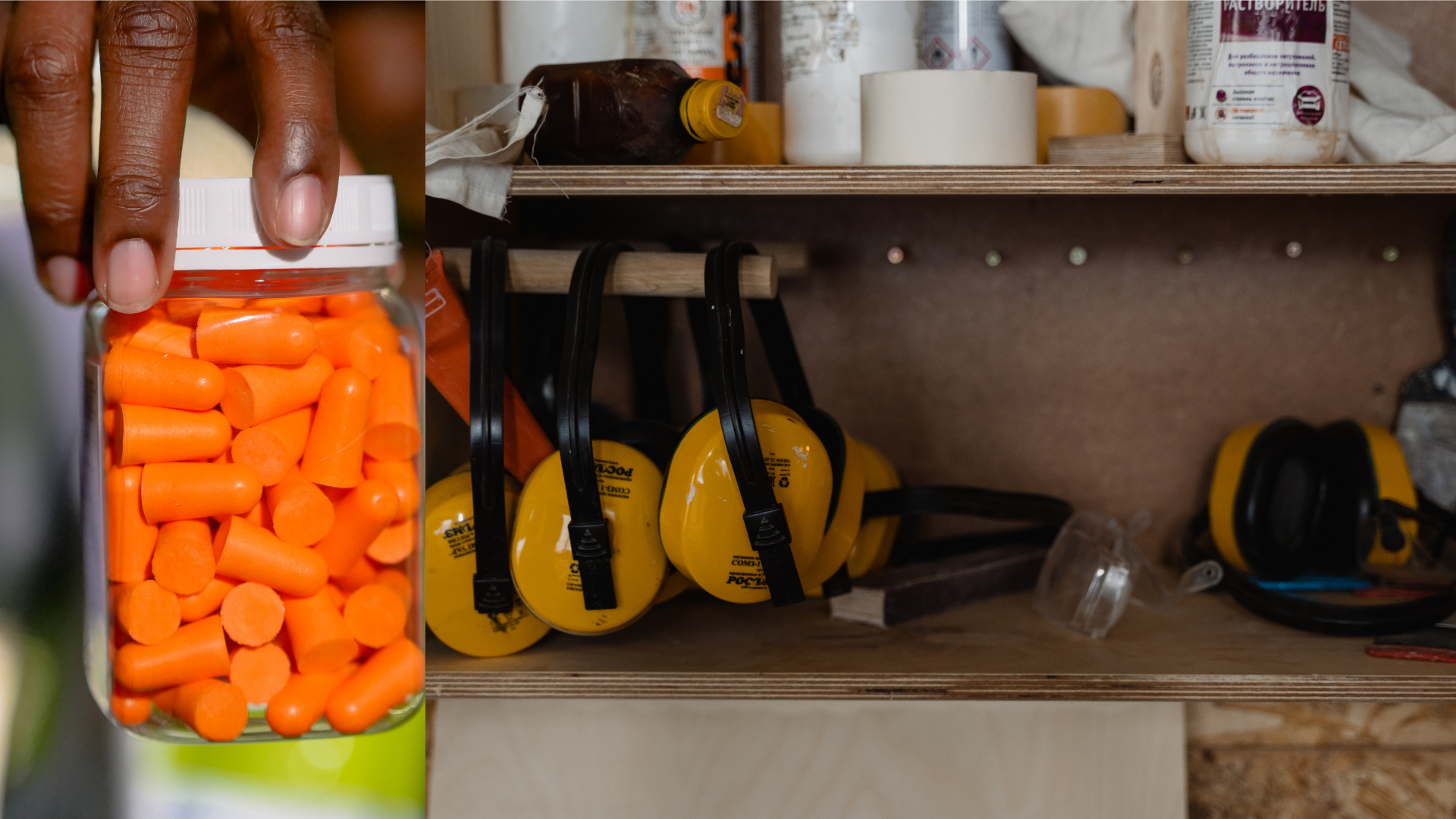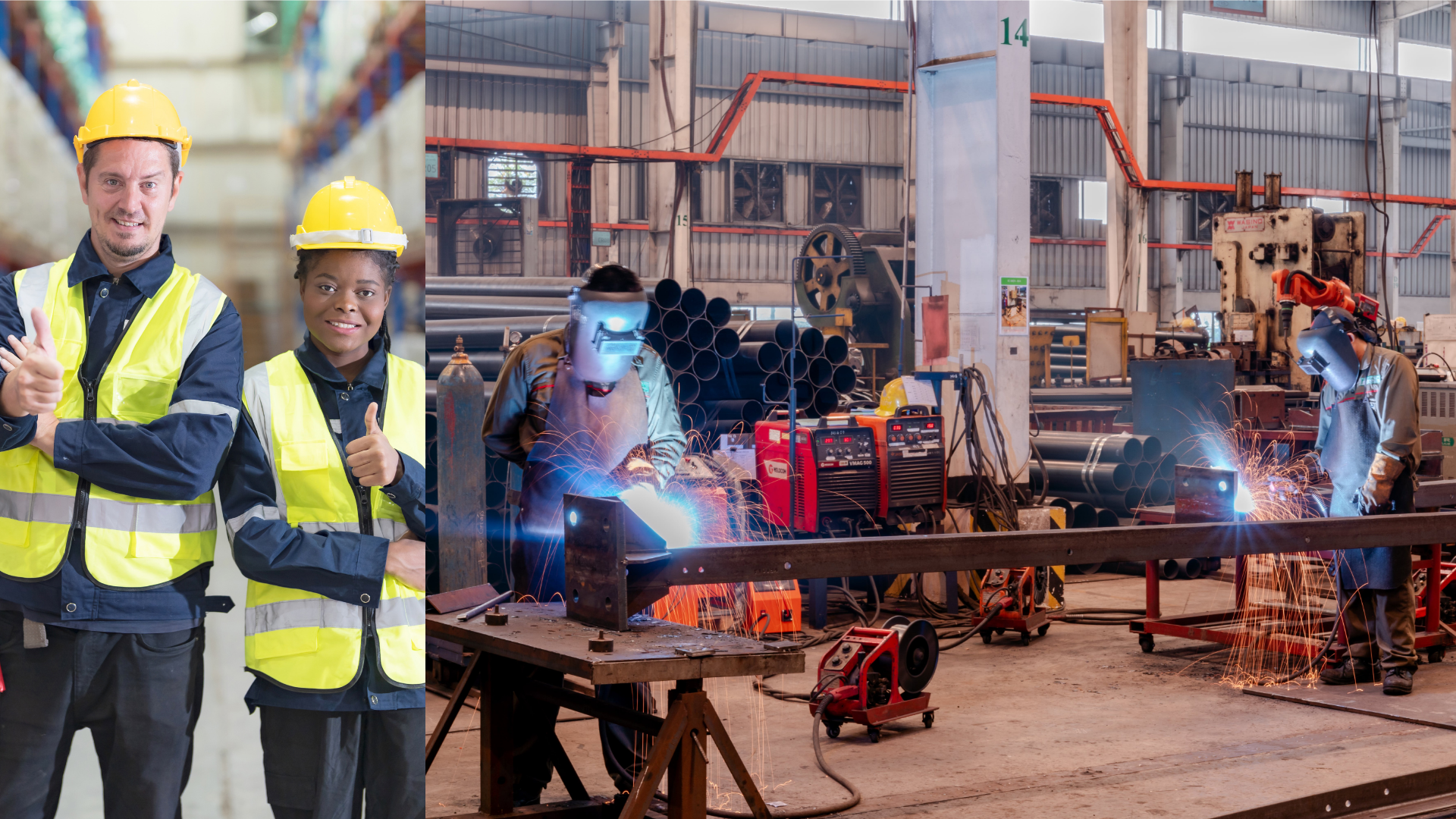Tips for Communicating with Face Masks
As we know, wearing a mask will help prevent COVID-19 from spreading. We put one on each time we leave our homes. However, as mandatory mask laws are being implemented across the country, some people find it tricky to wear them. They might find it hard to breathe. Another issue is “I can’t have a proper conversation because my words sound muffled.” The latter is indeed an issue for all of us who wear masks and struggle with hearing.
Why do masks make it so difficult for others to understand?
According to Patricia Johnson, a UNC audiologist, “The physical barrier changes the sound waves that reach your ear… High pitch sounds cannot make it through the material, so you begin to lose access to consonants, particularly ‘f,’ ‘s,’ ‘sh,’ ‘th,’ which carry a lot of weight in the clarity of the words we hear.”
“Wish” can sound like “with,” for example. Wearing a mask also eliminates lip reading and other facial expressions. This can be extremely difficult for the deaf or hard to hear, but people with normal hearing can even understand someone slightly more tricky when they’re wearing a mask.
“We’re all doing lip-reading,” says Dr. Johnson. “When we talk, there is a close alignment of our eyes and ears. And if you lose your voice, you’re forced to rely on your hearing, which the physical barrier degrades.
If you can’t read others’ facial expressions, it isn’t easy to gauge their feelings.
Enforced physical distancing is also leading to communication problems.
Even physical distancing can generate communication difficulties.
- Speech can sound quieter because, with distance, sound levels go down.
- Focusing on speech can be more difficult at a distance when competing with other ambient sounds, such as chirping birds or blaring car radio.
- To help us hear better, we don’t have the option of leaning in or getting closer.
- Visual signs, such as facial expressions, are more difficult to see at a distance.
Of course, these obstacles don’t alter the fact that wearing masks will help save lives during a pandemic.
To help you communicate better, here are a few tips.
Get their attention by calling their name. The best way to get someone’s attention and let them know that you care is to say their name. Calling someone by name establishes a relation and demonstrates respect and professionalism. It gives them some time to prepare for a conversation.
Use body language . Body language is a vital part of how we communicate. It is no surprise that communication can be inhibited by a piece of material covering most of our faces. Look at your conversation partner in the eyes; make sure they understand what you’re saying. For conveying knowledge, use your hands, eyes, shoulders, eyebrows, and head—nod, nod, and smile. People can see in your eyes a lot of the time whether you are smiling or not. A smile will make them feel at ease.
Talk Louder, and Speak Clearly . Take your time and talk slowly; speak clearly to make sure a person understands you. Bear in mind someone can be hard to understand. Rephrase your words if they are unable to understand you the first time.
Ask for feedback. It can be easy to lose sight of how well we interact. Tell the people you’re speaking with if what you’re saying makes sense. When we communicate clearly, we can prevent a lot of mistakes and missed opportunities.
Putting a mask on may also often feel like a physical barrier between you and the person you speak. That’s particularly true if you’re trying to have a long, meaningful conversation with someone in the grocery store, rather than a brief interaction. The face mask, however, appears unlikely to leave anytime soon as the pandemic continues. So long as we’re masking up, we’re all going to have to improve our communication skills to stay social with those around us.
Anadyne
We are committed to best practices with our hearing health services. Hearing testing is an important part of your overall health and well-being. Contact us to learn more about our mobile, on-site hearing health services.
The post Tips for Communicating with Face Masks appeared first on Anadyne.




